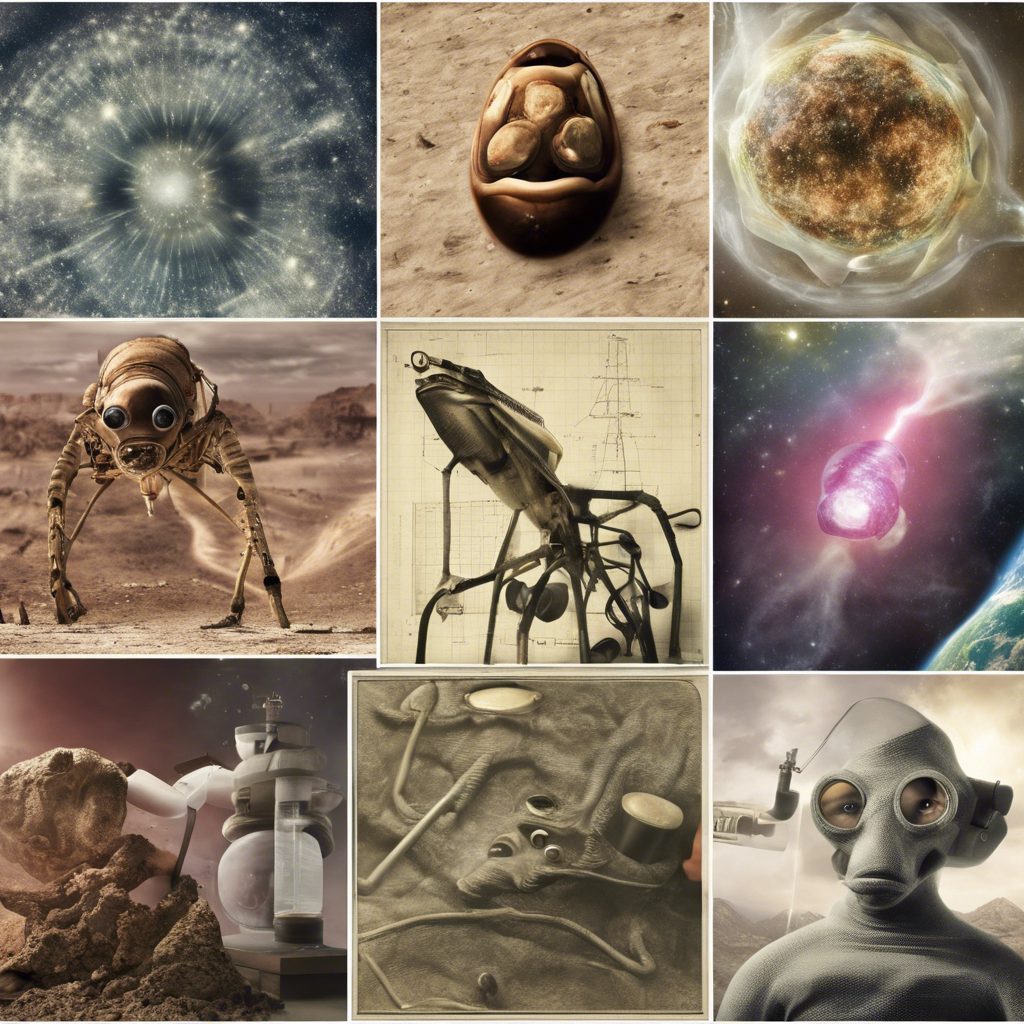The clash between scientific worldview and human values
In an era where science is rapidly encroaching upon the territory once solely occupied by religion, questions about the origins of the universe, life, and consciousness have become the subject of scientific inquiry. However, as science delves deeper into these existential questions, its communication often paints a pessimistic picture of the world. This clash between the scientific worldview and human values raises important questions about the role of science communication in shaping public perception and action.
The Copernican principle:
One essential function of science communication is to mobilize people to address pressing global issues like the COVID-19 pandemic and climate change. However, scientists and science communicators often adhere to the Copernican principle, which suggests that humans are not special observers in the universe. This principle challenges the notion of human exceptionalism and dismisses the idea of inherent meaning or value in human life.
Paradoxes in science communication:
Science communication faces two great paradoxes. On one hand, we live in a deterministic world without free will, yet we must actively choose to accept scientific findings and take action against climate change. On the other hand, science portrays a universe destined for a dead, freezing void with no inherent meaning, yet we must strive to prevent climate change to preserve our planet and continue our seemingly meaningless lives. These paradoxes can create barriers for those who do not align with the scientific worldview, hindering acceptance of scientific arguments, such as the urgency to address climate change.
Science communication and beliefs:
While science itself remains objective and rational, science communication should consider the beliefs and values of its audience. Health communication provides an example of tailoring messages to diverse beliefs and cultural backgrounds to achieve better health outcomes. Similarly, science communication should strive to understand and respect what people value, rather than dismissing or contradicting their beliefs outright.
The opposite poles of the debate:
The battle between science and superstition or religion often dominates the discourse, overshadowing the ultimate goal of science communication – to make the world a better place. Science communicators should adopt a more sensitive and anthropological approach, considering the values and aspirations of their audience. This approach can help bridge the gap between science and society, fostering a better understanding and acceptance of scientific advancements.
Conclusion:
Science communication plays a crucial role in mobilizing society to address global challenges. However, the clash between the scientific worldview and human values poses a significant challenge. To navigate this paradox, science communicators should strive for a more nuanced approach that respects diverse beliefs and values. By doing so, science can continue to advance while maintaining a meaningful dialogue with society, ultimately leading to a better world for all.











